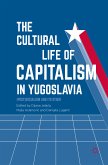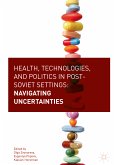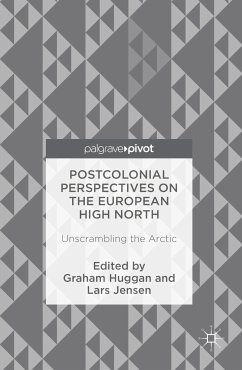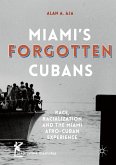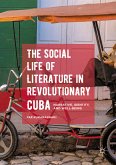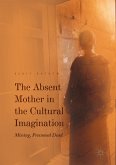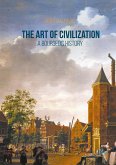In this remarkable book, David-Emil Wickström traces the transcultural flow of popular music production emanating from St. Petersburg, a central hub of the Russian music scene. With a specific focus on the post-Soviet emigrant community in Germany and their event 'Russendisko', Wickström - himself a trumpet player in two local bands - explores St. Petersburg's vibrant music scene, which provides an electrifying platform for musical exchange. The findings shed a new light on Soviet and post-Soviet popular music history and even Russia's relationship to Ukraine. Wickström demonstrates the filtering processes embedded in transcultural flows and how music is attributed new meanings within new contexts. This innovative book not only promotes a deeper understanding of the role of popular music in society, it also enables a better comprehension of cultural processes in the second decade after the fall of the Soviet Union."
Dieser Download kann aus rechtlichen Gründen nur mit Rechnungsadresse in A, B, BG, CY, CZ, D, DK, EW, E, FIN, F, GR, HR, H, IRL, I, LT, L, LR, M, NL, PL, P, R, S, SLO, SK ausgeliefert werden.



